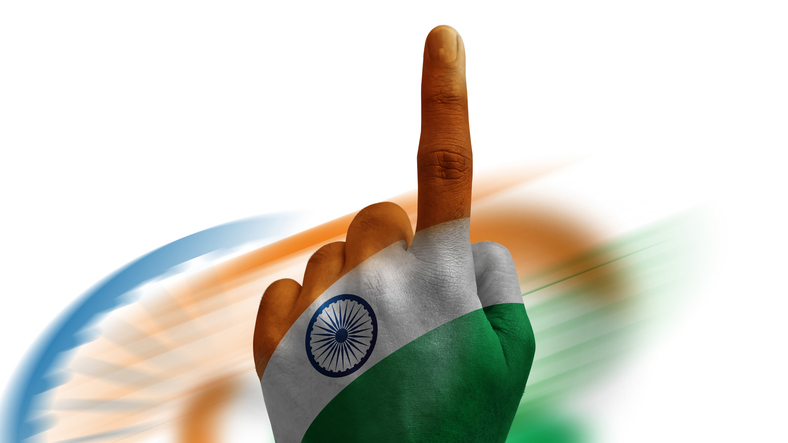The Union Cabinet on Wednesday approved the ‘One Nation, One Election’ proposal, which aims to conduct simultaneous Lok Sabha and Assembly elections, followed by urban body and panchayat polls within 100 days.
The proposal is based on the recommendations of a high-level committee led by former President Ram Nath Kovind, which submitted a detailed report on the subject.
Union Minister Ashwini Vaishnaw, addressing a press conference in New Delhi, said, “The Union Cabinet has accepted the recommendations by the high-level committee on ‘One Nation, One Election. Cabinet approved the proposal unanimously.”
The minister elaborated that the implementation of the proposal would occur in two phases. “In the first phase, Lok Sabha and Assembly elections will be conducted. In the second phase, elections for local bodies, such as Gram Panchayats, Blocks, Zila Panchayats, municipalities, and municipal corporations, will follow,” he said.
Vaishnaw also emphasized that the recommendations of the Kovind panel would be discussed across various forums throughout India to ensure widespread understanding and consensus. “An implementation group will be formed to carry forward the recommendations of the Kovind panel on simultaneous elections,” he added.
According to the minister, numerous political parties from across the spectrum have expressed support for the ‘One Nation, One Election’ initiative during their interactions with the committee. “Our government is committed to building a consensus on matters that impact democracy and the nation in the long run. This initiative will strengthen our nation and provide stability,” he said.
The report from the Kovind-led committee highlighted the drawbacks of frequent elections, saying that they often create an atmosphere of uncertainty, impacting policy decisions. The committee’s findings suggest that simultaneous elections would enhance policy stability, reduce voter fatigue, and improve voter turnout.
The comprehensive report, spanning 18,626 pages, is the result of extensive consultations with various stakeholders, experts, and research conducted over 191 days, following the committee’s establishment on September 2, 2023.
The panel had submitted the report in March ahead of the announcement of the Lok Sabha elections.
The proposal will now be tabled in Parliament and must be cleared in both houses the Lok Sabha and Rajya Sabha – before it becomes the law.
(Inputs from ANI)




















